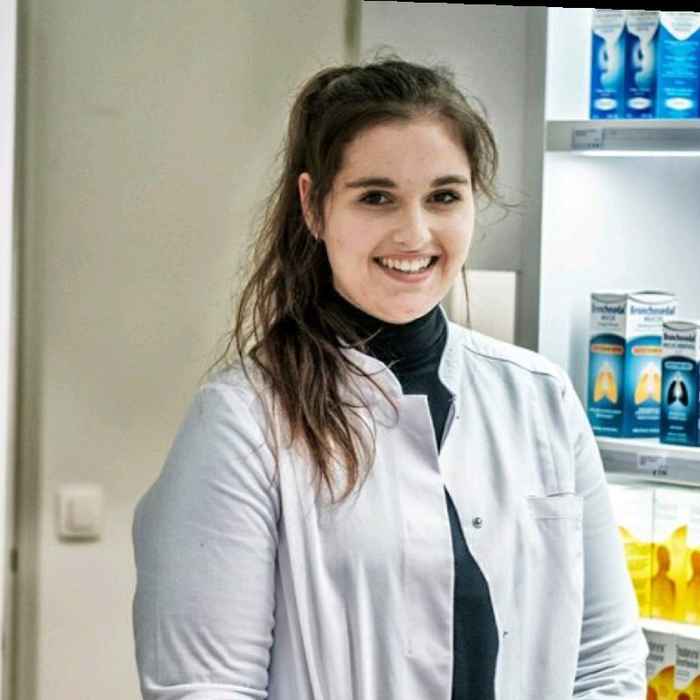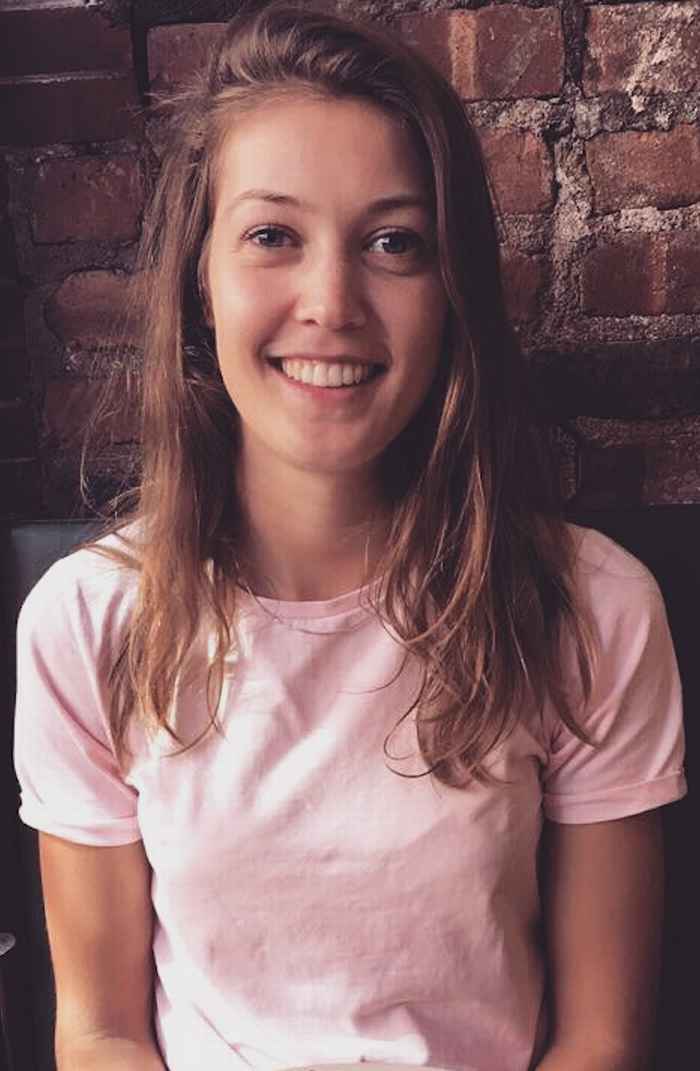Online lecture series Crossing Forensic Borders highly successful, especially in times of COVID-19
26 February 2021
Instead of an online edition of the annual CLHC conference, which usually takes one whole day, Van Asten and Aalders came up with the idea of organising 14 short substantive sessions in an online lecture series. Every fortnight young, talented scientists from another forensic science institute show their perspective to forensic science students across the globe.

Now, the forensic institutes from different countries can still meet, despite travel limitations due to the coronavirus. The connection to other students and PhD students from all over the world inspires the participants for further research and demonstrates the many possibilities.

Global connections
So far, there have been five online sessions and they have been a huge success. Lot Claeys, one of the participating students, says: "I am just taking my first steps into the world of forensic science, but sessions like these are an additional incentive to put my all into my studies. Every session is enriching. We are introduced to all kinds of global research and topics - ranging from drug testing of racehorses to microbial metabolic activity in the soil during decomposition of the body - which inspires me to do research as well after I graduate."
In addition to gaining knowledge, you build a professional network
Lot also agrees with the networking advantages of the online lecture series: "One of the things that inspired me so far is how each scientific research at one of the institutes has a distinctive element, but ultimately, the fundamentals bring everybody together. We all have a common goal and we are willing to join forces and work together. The global nature of the lecture series allows us to learn from each other and make a virtual trip around the world. Thanks to the online sessions, I know I won't want to miss the IAFS in Australia in 2023 - and who knows, maybe the sessions will take me to one of the institutes as the start of an exciting career in the field!”
Van Asten: "What all participating institutes have in common is that they try to realise a successful scientific research programme with multiple researchers, mostly PhD students. Some universities also offer very extensive educational programmes with a lot of hands-on fieldwork: students who investigate extensive crime scenes, including fires and explosions, or who compare fingerprints as if they are working for the FBI. The Master's programme in Forensic Science at the UvA is quite unique, with its highly interdisciplinary nature and relatively small scale - with approximately 30 students a year - and its strong emphasis on science and the objective evaluation of forensic evidence."

Online pub quiz and Instagram account
After the first session, the student assistants of the CLHC organised an online pub quiz for all participating students, with questions about the area of expertise, partly based on the content of the online lecture. They are currently working on setting up an Instagram account. Emma Cuperus (student assistant) explains: "We want to create a platform where we can connect with current and prospective students and introduce them to the field of forensic science and the CLHC. We can share important forensic developments and investigations, and encourage our followers to join an upcoming lecture."
Interested to read more?
More information about the Crossing Forensic Borders lecture series can be found here.